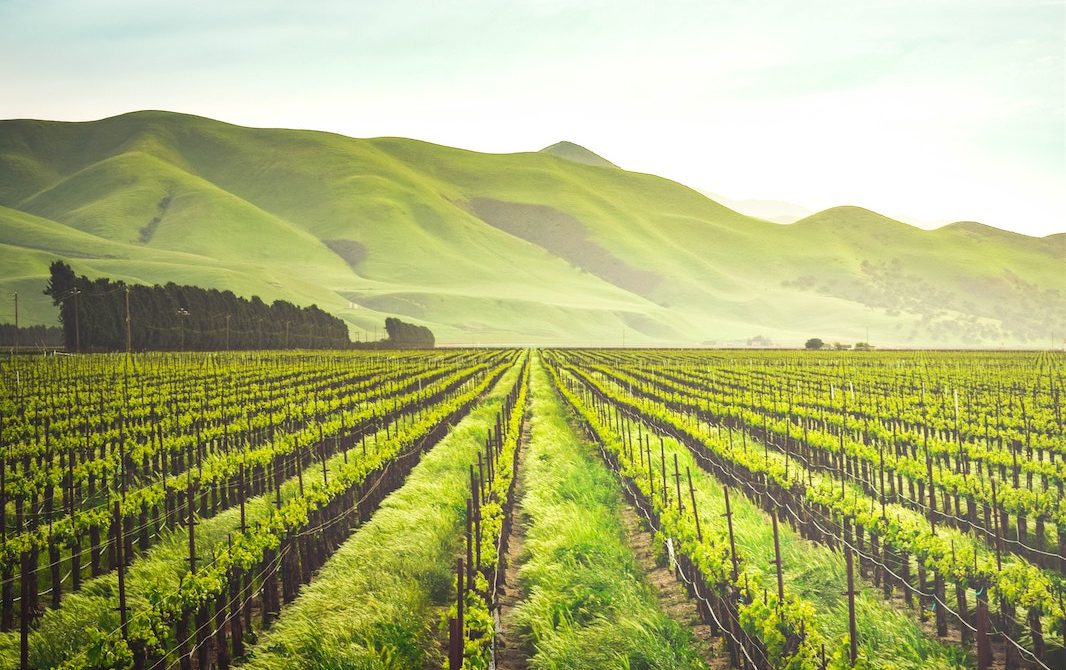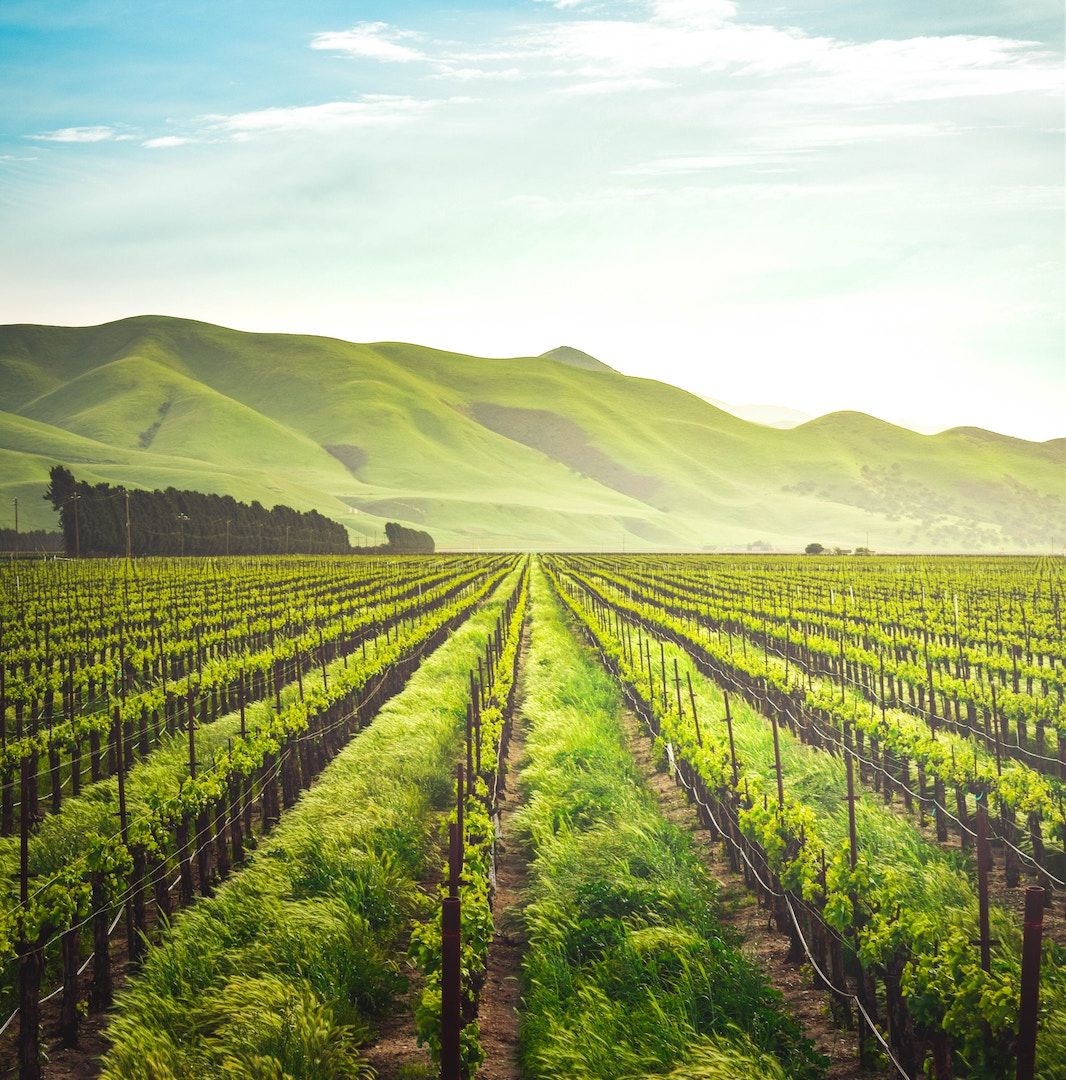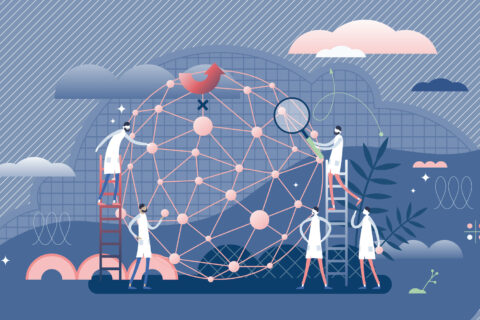Nearly everyone in the developed world has heard or probably read about Bitcoin, the almighty digital currency that has dominated headlines in recent years.
Even though bitcoin and other cryptocurrencies are somewhat controversial, they are highly praised for ushering blockchain technology into the world. As a result, blockchain is slowly spreading its wings into applications outside of sustaining cryptocurrencies.
What is blockchain technology exactly?
Blockchain is a digital ledger where all records are stored permanently on blocks. However, the beauty of it is that individuals can easily communicate or transfer assets or anything of value without the need for an intermediary.
“The goal of blockchain is to allow digital information to be recorded and distributed but not edited,” Investopedia explains. Because it’s open-source software, all users can take part in maintaining it.
While on this chain, you can check who owns certain assets, in which location and a few other specifics. Transactions on the digital ledger are recorded in blocks that follow each other in order, hence the name blockchain.
The impact of blockchain technology on farming
If you operate solely in the fintech world, then you might be led to believe that blockchain revolves around money and banking only. However, this distributed technology exists in many forms to allow virtually all industries to run on it.
Of late, use cases have increased to include ventures such as SkuChain, a company that improves supply chains with blockchain, education and “smart farms” (which are IoT-enabled). Even though blockchain hasn’t yet witnessed large scale adoption, many investors have earmarked it for further investigation.
Three main areas of farming can benefit greatly from blockchain:
- Mobile payments, transaction fees, and credits
- Provenance and absolute transparency
- Real-time supervision of supply chain, financing, and transaction monitoring
Startups are improving agricultural financing for the developing world
Blockchain technology is poised to improve how people access funds both in developed and developing countries. Farming employs billions of people most of whom are small farmers. For these producers, access to affordable financing is still a tremendous setback.
Mobile banking has provided improved access to financing opportunities. Unfortunately, the lack of transparency and fees has made this method unnecessarily expensive.
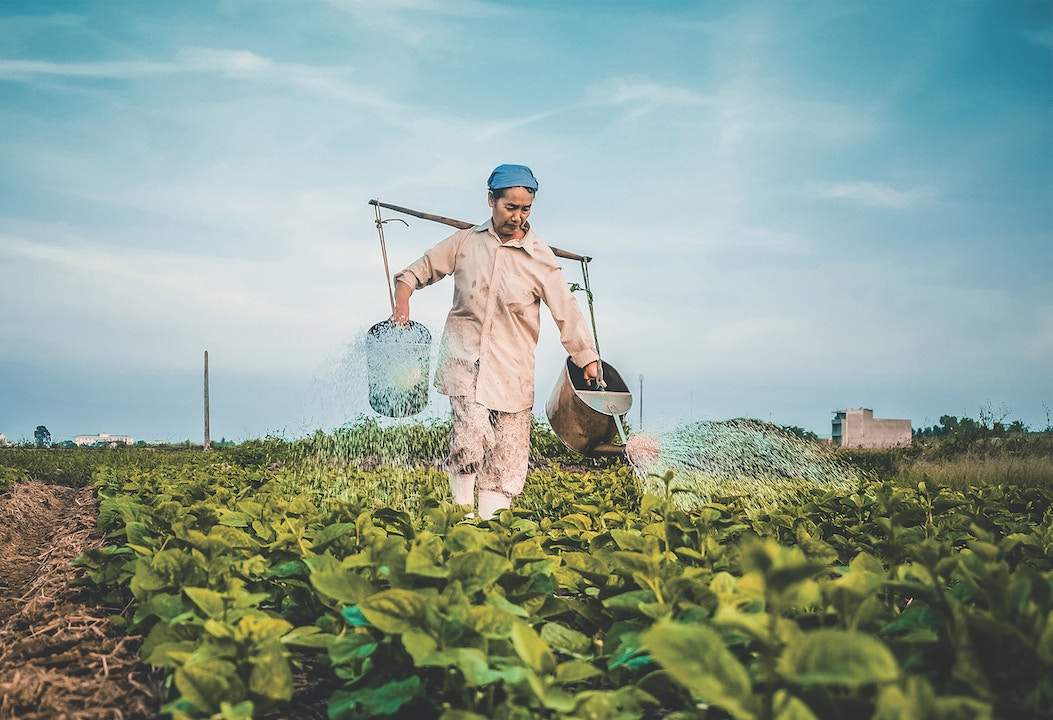
Blockchain startups are building solutions to address this problem. For example, BitPesa founded in November 2013 by Elizabeth Rossiello with headquarters in Nairobi, Kenya, is a digital foreign exchange and payment platform that leverages blockchain settlement for fast, cost-effective payments to and from Africa.
The biggest business advantage Bitpesa offers is the ability to send or receive money in multiple currencies. By leveraging blockchain technology, users can access lower transaction costs and expeditious processing.
Moreover, UK-based Agri-ledger is a social enterprise project using distributed ledger technology and mobile apps for agricultural producers. Agri-ledgers’ cryptoledger mobile app monitors transactions in the supply chain all the way to point of sale. The framework is incorruptible. Once data is published, it cannot be changed.
The mobile app records and transacts a complete framework of integrated services to create an even playing field for farmers and co-ops. A supply chain solution built with Blockchain technology, Agri-ledger benefits farmers and suppliers by providing efficiency and traceability––two factors which create serious issues in the ecosystem.
Rebit, a Philippines-based Bitcoin venture company, also aims to streamline financial services. Users send and receive money and pay bills at very affordable rates. The presence of a decentralized ledger ensures total transparency.
Farm to market: Enabling provenance and absolute transparency
There is a global awakening to the need for clean, healthy, organic foods. Customers are willing to pay for it provided producers can show the product meets quality standards. The current systems in place for these assurances are costly.
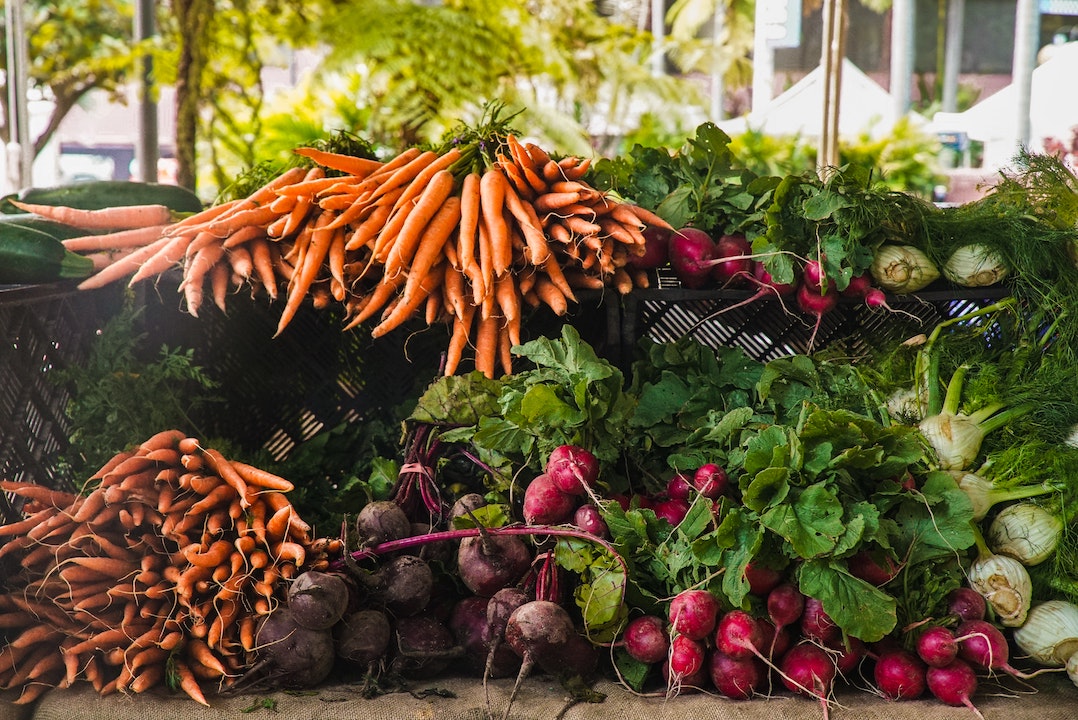
FarmShare and Provenance are two blockchain startups on a mission to enforce supply chain transparency–from the farm to the market. Powered by blockchain and open data, the Provenance platform gathers and shares key product information and journeys in a secure, trustworthy and accessible way.
“Products are more than meets the eye. They are the sum of their creators’ work, history, and ownership,” states Jessi Baker, Founder & CEO of Provenance. “What if there were a new digital dimension to products that gave verified information about their producers, origins, and ingredients – creating transparency and accountability? We created Provenance to do just that.”
For producers, their Trust Engine allows users to verify business and supplier connections and improve supply chain integrity. They can also turn certifications into data-backed marks for customers to review. Other claims can be substantiated with data that is gathered across the supply chain. This then is submitted to the blockchain to be stored in an immutable, unduplicatable format.
How do farmers benefit?
It’s simple: goods that are certified and found in the premium section of grocery aisles are in high-demand. Meanwhile, trust is built with shoppers at a retail and producer level. Buyers can scan a blockchain barcode with their smartphones to reveal details on product origin.
A lot of money changes hands amongst farmers, financiers, and retailers. It feels good when a farmer can keep their finger on the pulse of every transaction along the way.
Meanwhile, farmers benefit from real-time supply chain supervision as it pertains to financing and transactions. A lot of money changes hands amongst farmers, financiers, and retailers. It feels good when a farmer can keep their finger on the pulse of every transaction along the way. The current systems are rife with trust issues, delayed settlement amongst other things.
With a blockchain technology, farmers can know if their goods have been sold, and who is their client. The system’s transparent nature makes everything including payments a little less complicated.
Full Profile, for example, is the company behind AgriDigital, the world’s first blockchain-enabled commodity management platform. AgriDigital aims to build more secure and trusted agri-supply chains.
Blockchain is shaping the future of farming and agriculture
Blockchain will one day cease to be an industry buzzword; instead, it will gain adoption just as we’ve seen with the internet. More and more companies are starting to accept crypto payments, and it’s only a matter of time until more companies start embracing other blockchain applications. On the flip-side, some people think the technology is over-hyped.
Agriculture lags in terms of innovation. Farmers are often let down by financiers and distributors who decline to reveal retail prices and keep a big part of their earnings. However, with the blockchain’s ability to secure transactions and put everything in the open, producers can fully appreciate the work of their hands.
If we can move past the hype surrounding blockchain technology and nurture its potential, farming will continue to be a rewarding profession.
Catalin Zorzini is the founder of Ecommerce Platforms and Unblock.net. He’s a design enthusiast who loves matcha, and is uber passionate about bitcoin and blockchain technology. Connect with @zorzini on Twitter.
© YFS Magazine. All Rights Reserved. Copying prohibited. All material is protected by U.S. and international copyright laws. Unauthorized reproduction or distribution of this material is prohibited. Sharing of this material under Attribution-NonCommercial-NoDerivatives 4.0 International terms, listed here, is permitted.
